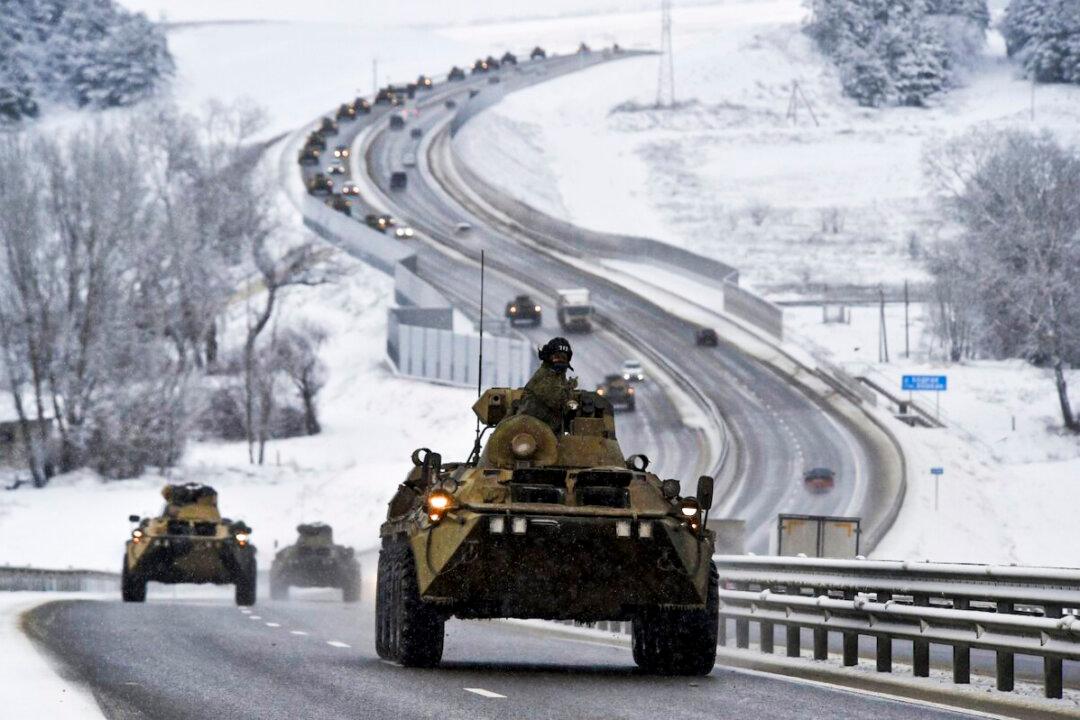At American-Ukrainian gatherings in recent weeks, the conversations always turn serious. Even at the usually jovial pre-Lenten dinner dance in Bridgeville, hosted last weekend by the Ukrainian community of western Pennsylvania, faces carried signs of worry for their homeland. At the more than 30 Ukrainian churches in the region, many held vigils praying for peace in Ukraine.
A priest who attended the dinner dance led one of the prayers and then attendees sang the Ukrainian national anthem, which calls upon the singer to lay down soul and body for cherished freedom.





